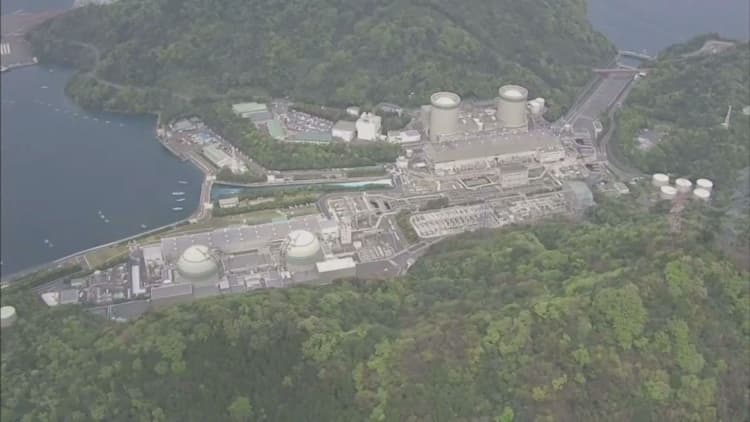
The nuclear disaster has cost Japanese taxpayers almost $100bn despite government claims Tokyo Electric is footing the bill, according to calculations by the Financial Times.
Almost five years after a huge tsunami caused the meltdown of three Tepco reactors by knocking out their supply of power for cooling, the figure shows how the public have shouldered most of the disaster's cost.
It highlights the difficulty of holding a private company to account for the immense expense of nuclear accidents — a concern for countries such as the UK that are building new nuclear power stations.
The Financial Times used Ritsumeikan University professor Kenichi Oshima's estimate that the disaster has cost Y13.3tn ($118bn) to date relative to the loss of equity value for Tepco shareholders.
"The underlying cost is mainly being paid by the public, either through electricity bills or as tax," said Mr Oshima.
Japan's government gives no single figure for the cost of the disaster, but Mr Oshima estimates the biggest cost to date is compensation to businesses and evacuees of Y6.2tn, followed by decontamination of the Fukushima area at Y3.5tn, and decommissioning of the reactor site at Y2.2tn.
Cash for compensation and decommissioning comes from Tepco but it gets grants from the government to keep it solvent. In theory, this cash will come back via a levy on Tepco and other nuclear operators — but this is ultimately be paid by electricity users, making it a tax by another name.
More from the FT
Japan poised for nuclear restart
Sendai nuclear plant restarts amid outcry
Japan probes military potential of robots
There is are also doubts about whether the levy will be sustainable when Japan's electricity market opens to competition from April 1. In a recent interview, Tepco chief executive Naomi Hirose insisted the company would make enough money to clean up the Fukushima Daiichi plant.
"We have to preserve that earning power," Mr Hirose said. "Victory for us means having the money to meet our responsibilities in Fukushima. If we can't, that's failure."
But one way to judge Tepco's contribution is its share price, which should reflect past losses, as well as any levies the market expects in the future. Compared with March 10 2011, the day before the disaster, Tepco's equity has lost Y2.6tn in value. Debtholders have not suffered losses.
That implies Tepco has borne slightly less than 20 per cent of the total cost, with taxpayers picking up the other Y10.7tn. The figure is rough, and ignores the cost of shutting down all Japan's nuclear reactors, so it is likely to understate both the total cost and the proportion paid by the public.
Tepco, the finance ministry and the economy ministry declined to comment on the estimate. A government official insisted all costs would ultimately be recouped from Tepco and said it could not pass the burden on to electricity customers. "As a whole, Tepco is paying its own costs," said the official.
Evacuees are now being allowed to return to some villages near the Fukushima Daiichi plant but decommissioning will take decades, with radiation levels still too high even to evaluate the stricken reactors. The final cost is unknown and Mr Oshima expects his estimate to rise.
"The government's approach has worked in that Tokyo Electric has not shut down," said Mr Oshima. "But with the costs increasing to this extent it's hard to see the purpose of having kept Tepco alive."

